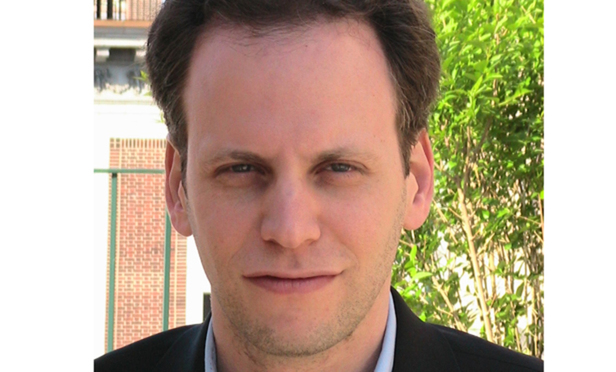Wrongful convictions are in the news these days. We know about the Central Park Five, the Bronx Six (some represented by this author’s law firm), and the allegedly corrupt Brooklyn detective whose cases are now under review by the Brooklyn district attorney. But what happens after the exoneration? Federal civil rights cases arising out of wrongful convictions can be tricky. Cases against prosecutors are a legal minefield. Why? The doctrine of prosecutorial immunity.
Section 1983
Under 42 U.S.C. §1983, “[e]very person” who, “under color” of state law, deprives any person of any “rights, privileges, or immunities secured by the Constitution and laws, shall be liable to the party injured.” Section 1983 was intended to create “a species of tort liability” in favor of persons deprived of “rights, privileges, or immunities secured” to them by the Constitution.1
This content has been archived. It is available through our partners, LexisNexis® and Bloomberg Law.
To view this content, please continue to their sites.
Not a Lexis Subscriber?
Subscribe Now
Not a Bloomberg Law Subscriber?
Subscribe Now
LexisNexis® and Bloomberg Law are third party online distributors of the broad collection of current and archived versions of ALM's legal news publications. LexisNexis® and Bloomberg Law customers are able to access and use ALM's content, including content from the National Law Journal, The American Lawyer, Legaltech News, The New York Law Journal, and Corporate Counsel, as well as other sources of legal information.
For questions call 1-877-256-2472 or contact us at [email protected]



